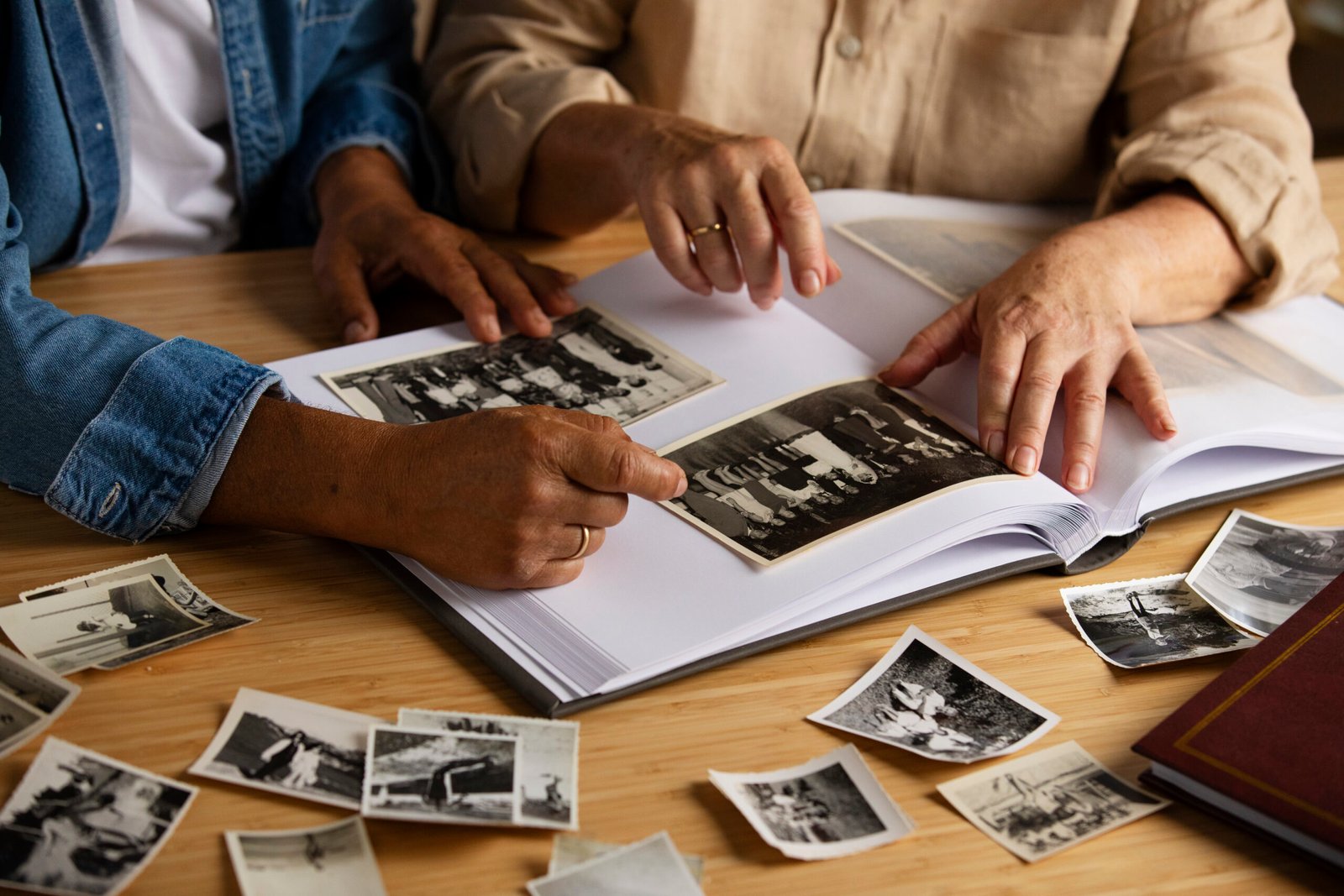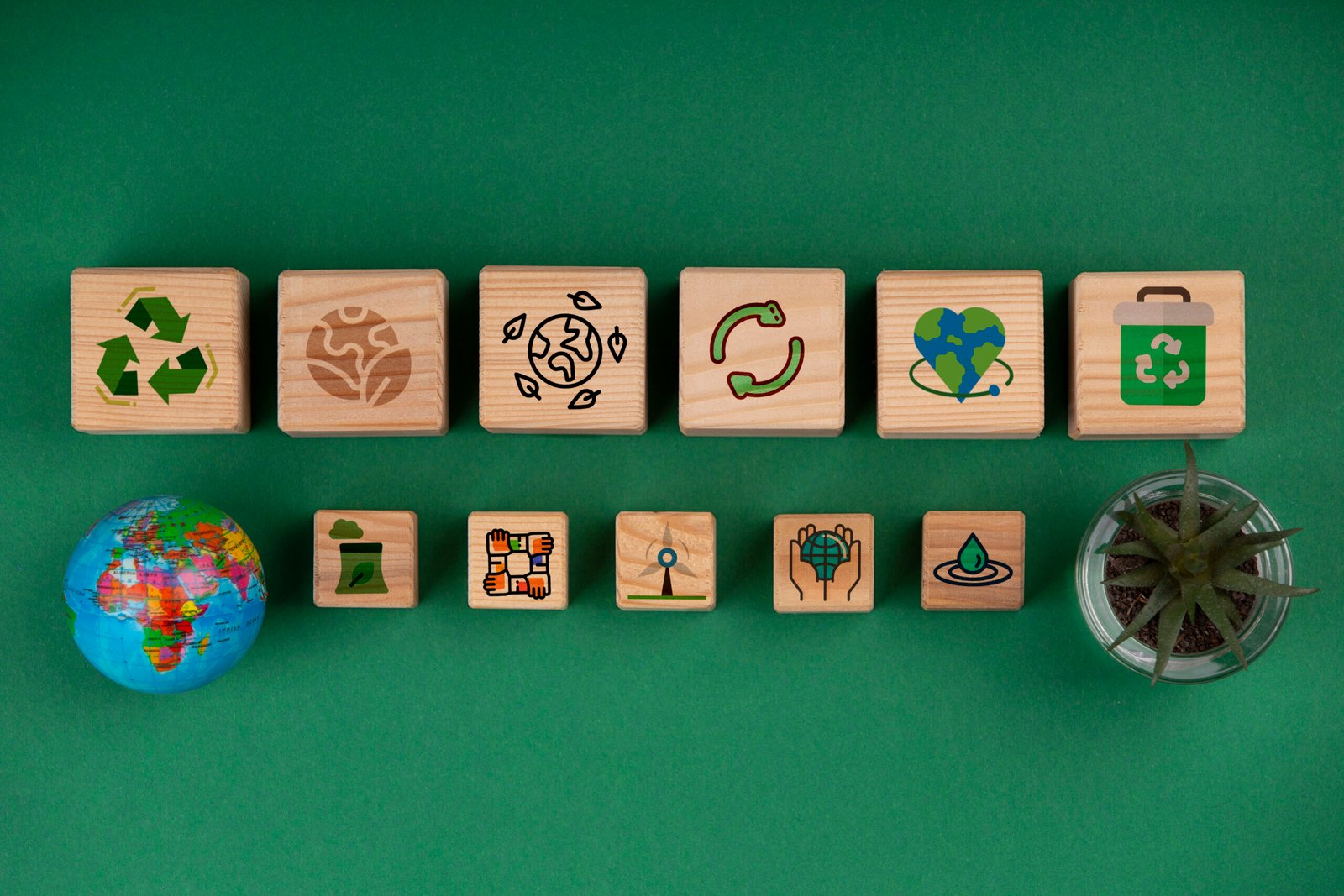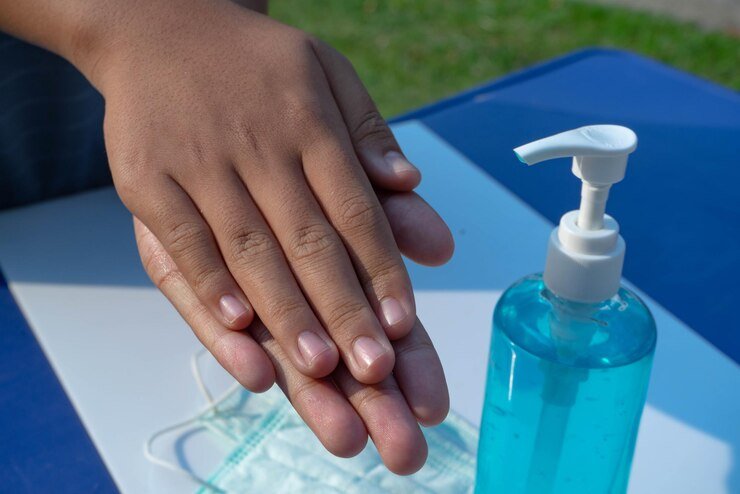Uncommon Addictions: Surprising Behaviors That Can Become Addictive
While we often think of addiction in terms of substances like drugs or alcohol, there are many uncommon behavioral addictions that people may not typically associate with addiction. These behaviors can develop for various reasons, often influenced by psychological, social, and environmental factors.

Understanding
Causes of Uncommon Addictions

Childhood Trauma
Experiencing trauma, abuse, or neglect during childhood can lead to addictive behaviors later in life as a way to cope with emotional pain.

Family History
A family history of addiction or mental illness can increase the risk of developing behavioral addictions.

Impulsivity and Risk-Taking
People who are naturally impulsive or prone to risky behavior may be more susceptible to developing addictions.

Mental Health Disorders
Conditions such as anxiety, depression, or obsessive-compulsive disorder can contribute to the development of addictive behaviors.

Social and Environmental Factors
Peer pressure, social norms, and exposure to certain behaviors in the environment can contribute to addiction development.

Reward and Reinforcement
The brain’s reward system can reinforce repetitive behaviors, making them more likely to turn into addictions.
Understanding
Examples of Uncommon Addictions

Tanning Addiction (Tanorexia)
A compulsive need to tan, either through sun exposure or tanning beds, despite the risk of skin damage or cancer.

Plastic Surgery Addiction
A fixation on undergoing multiple cosmetic procedures, often associated with body dysmorphic disorder

Hand Sanitizer Addiction
Compulsive use of hand sanitizer, which can lead to health issues such as skin damage.

Tattoo Addiction
A desire to get numerous tattoos, often due to the endorphin rush experienced during the tattooing process.

Piercing Addiction
A compulsion to get multiple body piercings, often driven by the adrenaline rush and aesthetic enjoyment.

Nutmeg Addiction
Consuming large quantities of nutmeg for its psychoactive effects, which can be harmful to the body.
Opening Up and Seeking Help
Opening up about any kind of addiction can be challenging, especially with uncommon ones. Remember, you are not alone. Taking the first step towards recovery is courageous.
Here’s What You Can Do
Find a Safe Space: Speak with a professional therapist or counselor who can offer a confidential and non-judgmental environment. They are trained to help with a variety of issues, including uncommon addictions.
Online Support Groups: There are anonymous online communities where people discuss their experiences with uncommon addictions. Connecting with others can reduce feelings of isolation.
Educate Yourself: Learning more about your addiction can reduce shame and help empower you to take the next steps towards recovery.
Mindfulness and Self-Compassion: Practice self-compassion and remember that everyone has struggles. Mindfulness techniques can help manage stress and improve self-awareness.
Professional Help: Reach out to a healthcare provider or mental health professional for guidance on treatment options tailored to your specific needs.
Confidential Hotlines: Many countries offer confidential helplines where you can talk to someone anonymously about your addiction.
Remember
Seeking help is a sign of strength, not weakness. Taking action today puts you one step closer to recovery and a healthier future. You are not alone in your journey, and support is available.
Take the First Step to Recovery
Your journey to healing begins here. Reach out today and start your path to a healthier, happier life. Our compassionate team is ready to support you every step of the way.
 Call us:(+233) 0531380360
Call us:(+233) 0531380360  Email
Email 
